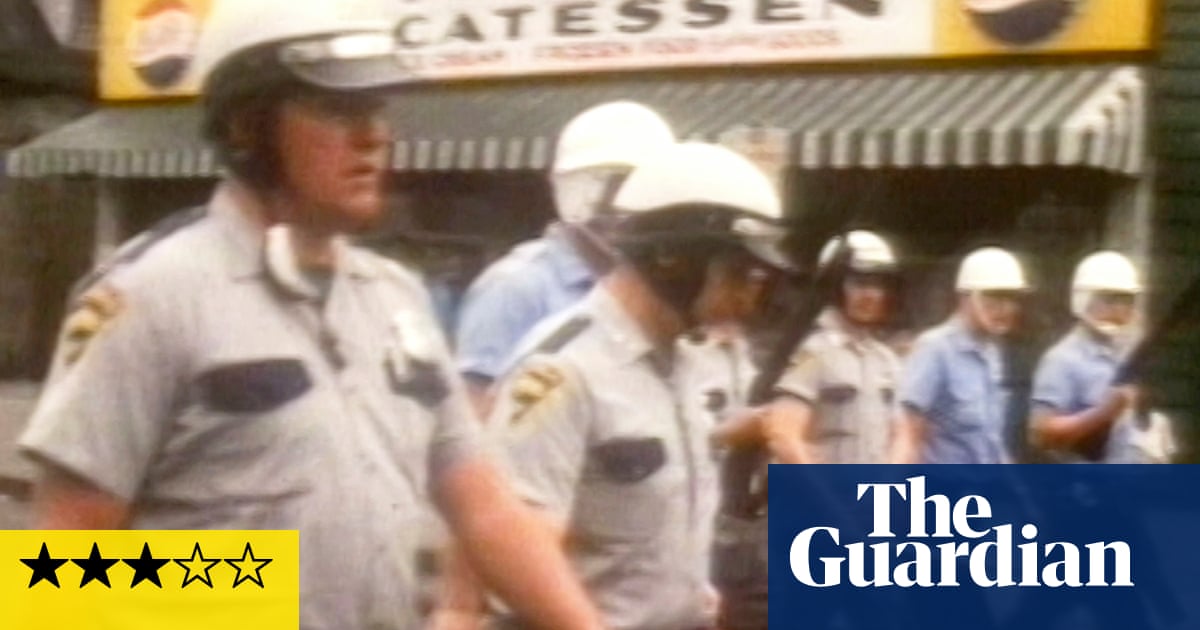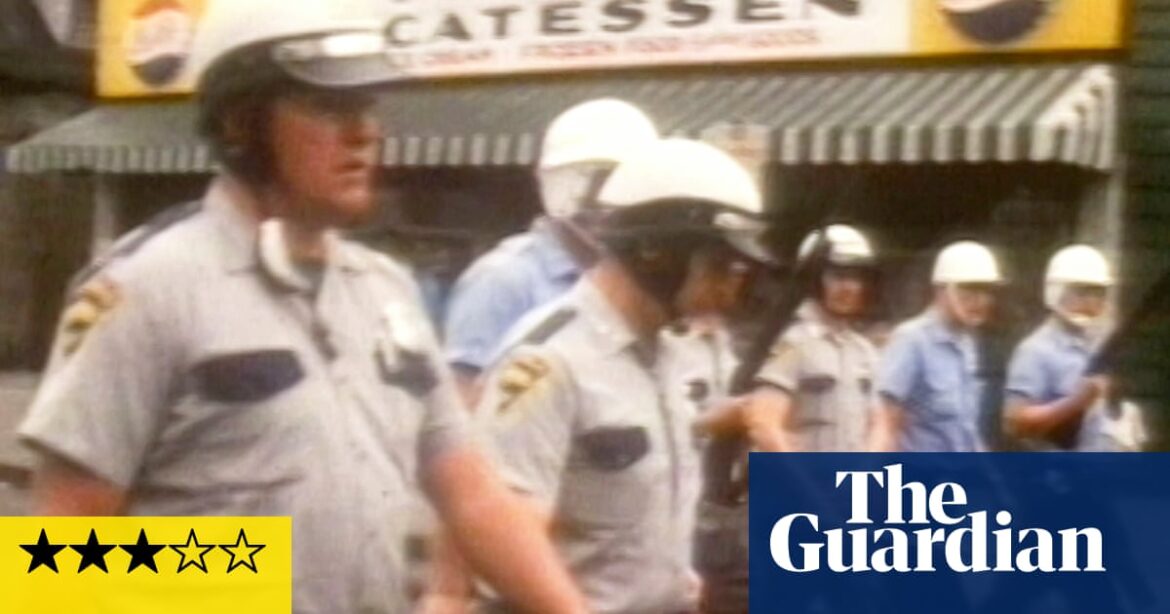
P
Yance Ford’s documentary “Power” is a thorough examination of policing in the United States, drawing from existing research and historical records to explore its origins, structure, and effects. Premiering at Sundance and set to be released on Netflix, this 86-minute “essay-film” offers a critical perspective on the topic, shedding light on its complexities and history.
However, this does not mean it is unnecessary. The film effectively presents a clear and comprehensive argument against the institution of policing, which one of its subjects refers to as the “real fourth estate.” It is one of many investigations conducted in response to the 2020 Black Lives Matter protests. While visually elegant and poetic (although at times the narration by Ford may seem overly ponderous), Power ultimately serves the same purpose as a typical nonfiction explainer on Netflix’s Explained. The film heavily relies on academics to provide emphasis and connections to a remarkable collection of archival footage, giving it the feel of a high-level college lecture. However, certain elements, such as a visual comparison between policing power and an atomic bomb, do not have the desired impact.
Ford, who previously helmed the critically acclaimed documentary Strong Island that delved into the tragic murder of his brother, cleverly structures Power not by following a linear timeline, but by exploring recurring themes. These themes include social control, maintaining the status quo, and global uprisings. The film begins by examining the three main origins of policing in the United States: the westward expansion that led to the displacement of Indigenous people, the development of slave patrols in the southern states to monitor the movements of Black individuals, and the implementation of municipal policing to suppress organized labor across the nation. As many experts have pointed out, all three of these methods were used to maintain the social hierarchy and order by targeting and harassing those perceived as threats to this structure.
The flow of power effortlessly spans across history, connecting the development of corrupt police departments and the colonial roots of paramilitary tactics to the oppression, persecution, and extreme violence perpetrated by modern-day American police officers. These actions are often recorded on cellphones or body cameras and shared widely in the media. Various individuals, including journalist Wesley Lowery, who has extensively covered the state of policing in the US during the Black Lives Matter movement, and Redditt Hudson, a former Black police officer turned advocate for police reform, argue that police possess unchecked power. They have the ability to take lives without consequence and that much of the harm caused by policing in America is legal. It is asserted that policing has always been more about maintaining social hierarchies than ensuring actual safety.
If you have been paying attention, you will already know that many Americans do not support the current state of law enforcement. This is why the release of the Netflix documentary is justified. However, there is still room for the film to explore beyond justifiable structural arguments and dive into the personal complexities that cause people to continue supporting the police as they are. The film includes an interview with Charlie Adams, a Black police officer in Minneapolis who works six miles away from where George Floyd was killed in 2020.
During a pivotal moment in the film, Adams has a meeting with members of the Black community who are advocating for improved policing. Due to his personal encounters with police discrimination and his support for more Black officers, Adams brings up the frequency of carjackings committed by Black youth in the precinct. He believes this is due to the constant cycle of arrests. The advocates point out that there is no effort to provide rehabilitation or second chances for these young individuals, and that the justice system views them as disposable. One of the advocates mentions Edina, a predominantly affluent, white suburb nearby, where similar issues do not occur.
The discussion about reforming a flawed system, which causes harm to many, is a crucial and complex one that should have been given more attention in the film. Lowery and others emphasize the need for this type of conversation. The film effectively portrays the history of corruption within the system, from slave patrols in the 18th century to police shootings in the 21st century. It concludes with a powerful quote from Frederick Douglass, highlighting the importance of demanding change from those in power. The film provides a strong foundation for advocating change, but the practical steps to achieve it remain a topic for future discussion.
-
Power is screening at the Sundance film festival and will be released on Netflix later this year
Source: theguardian.com



